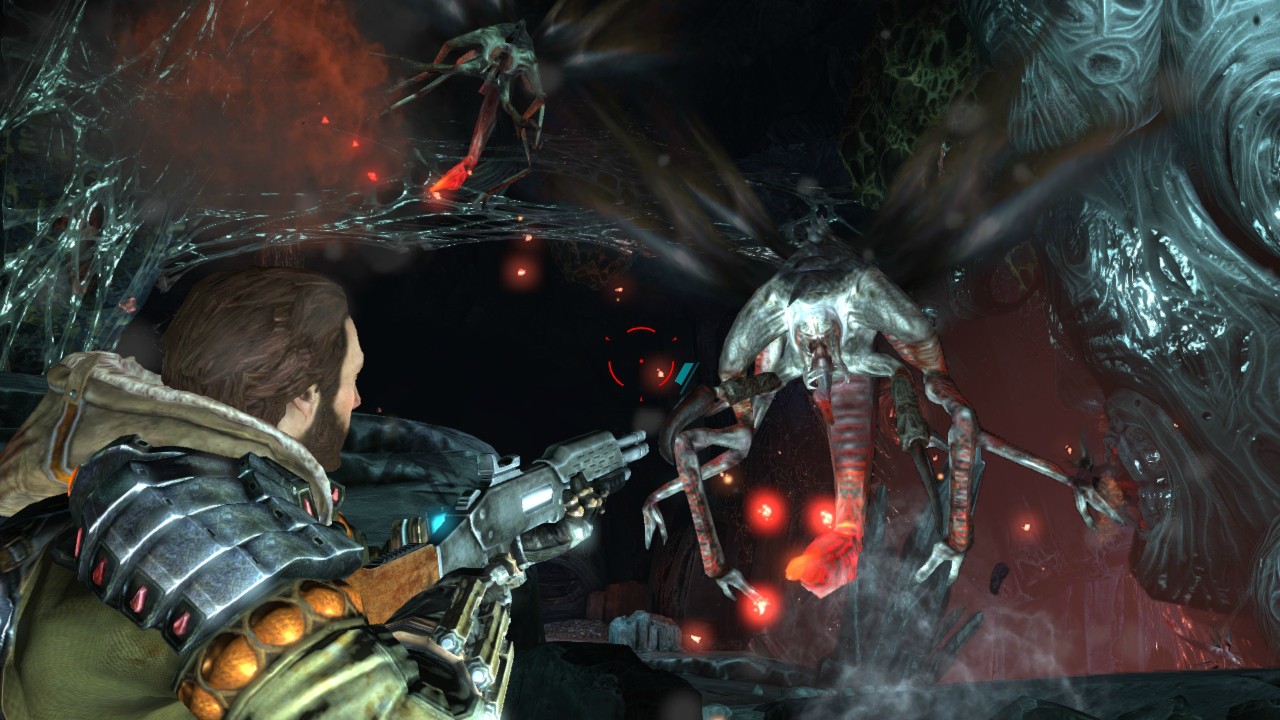
And even if I do, I may have to wait a couple of years for it.

"That was the game that set off the idea that, 'OK, I have to learn this language and experience what's going on. 1992's Final Fantasy V proved to be one of those. Magazines like Nintendo Power commonly gushed about weird games that Westerners might never see. Throughout the late '80s and early '90s, American kids were at the mercy of giant Japanese developers, waiting for overseas games to eventually make their way stateside. "You don't understand the concept of nationalities or anything like that, and you're thinking to yourself, 'this is made by someone who speaks another language and is very far away.'" I remember an older kid telling me, those guys are all Japanese.

Szymanski had been intrigued by Japanese game development ever since he'd beaten NES games years prior: "The credits would roll with fake names, but sometimes instead, you'd see these names jumbled with symbols. In 1994, a buddy's traveling father brought home a Super Famicom and a bunch of Japanese games, Final Fantasy VI among them. "It was Eff Eff Six," Szymanski answers without missing a beat, no clarification needed.

Instead, his is an instinctual reaction to a simple question: Did any video game in particular send him on his career path? But he doesn't mention Final Fantasy VI because of any sense of fate or serendipity. The producer of Capcom's upcoming Lost Planet 3, Andrew Szymanski, is gushing about the video game that changed his childhood, so much so that when he recalls its iconic opening scene, he probably doesn't realize he could be describing his own game - also full of robo-suits and snow and giant, weird worlds to explore. A hero, strapped into a giant walking robo-suit, walks through a blizzard with low visibility and no idea what's coming next.


 0 kommentar(er)
0 kommentar(er)
